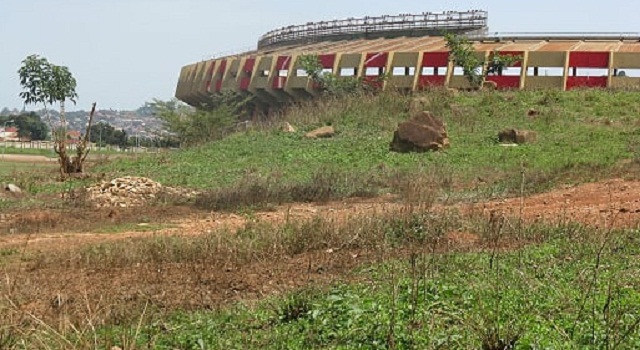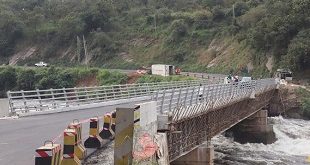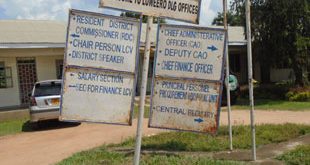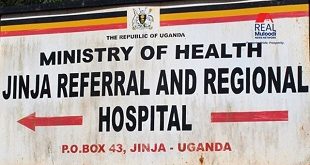
Kampala, Uganda | THE INDEPENDENT | Authorities are moving to fence off the land housing Mandela National Stadium in Namboole, in order to save it from further encroachment.
The 40,202 sitting capacity stadium was the first project of the sports complex designed to have all sporting facilities. But most of the proposed projects stalled due to lack of funds, leaving the earmarked land idle.
Although the land was free of encumbrances, it started attracting encroachers due to its strategic location. The stadium’s Managing Director Jamil Ssewanyana says that more than 200 people have encroached on the stadium land over the years.
Although many individuals, among them UPDF veterans, erected simple makeshift structures, other groups have come up to start washing bays, bricklaying activities and car garages on the said land. A number of private developers have also gone ahead to set up commercial buildings, hotels and churches among others.
The 2017 Auditor General’s report indicates that the stadium got a stamp duty waiver of 1.6 billion Shillings for the transfer its 50.2 hectares of land on block 234 from Uganda Land Commission in order to solve the encroachment challenge. But in his recommendation, the Auditor General advised the management of Namboole Stadium to ensure that encroachment issues are expeditiously handled.
Now, Ssewanyana notes that they are currently mobilizing funds to ensure that the fence off the entire estate.
In 2006, the land title of the important infrastructure went missing from the lands ministry creating panic until 2007 when the then stadium board announced that they had obtained the facilities’ title.
Ssewanyana notes that they are also developing a master plan which will see the stadium given a facelift and facilitate the construction of all planned indoor and outdoor facilities, and some commercial buildings.
Recently, the stadium authorities forced Kira Municipality to close an illegal dumping site which had been setup on the stadium’s land. However, when URN visited the area, a number of youths were at the same site, planning to set up a market.
Isma Migadde, one of the area youth leaders says that they have been involved in garbage sorting as a source of income adding that since the activity was halted, they are organizing to put a market.
Mandela national stadium is wholly owned by the government but managed by Mandela National Stadium Limited under Class II Public Enterprise Reform Divestiture Act (PERD).
***
URN
 The Independent Uganda: You get the Truth we Pay the Price
The Independent Uganda: You get the Truth we Pay the Price


